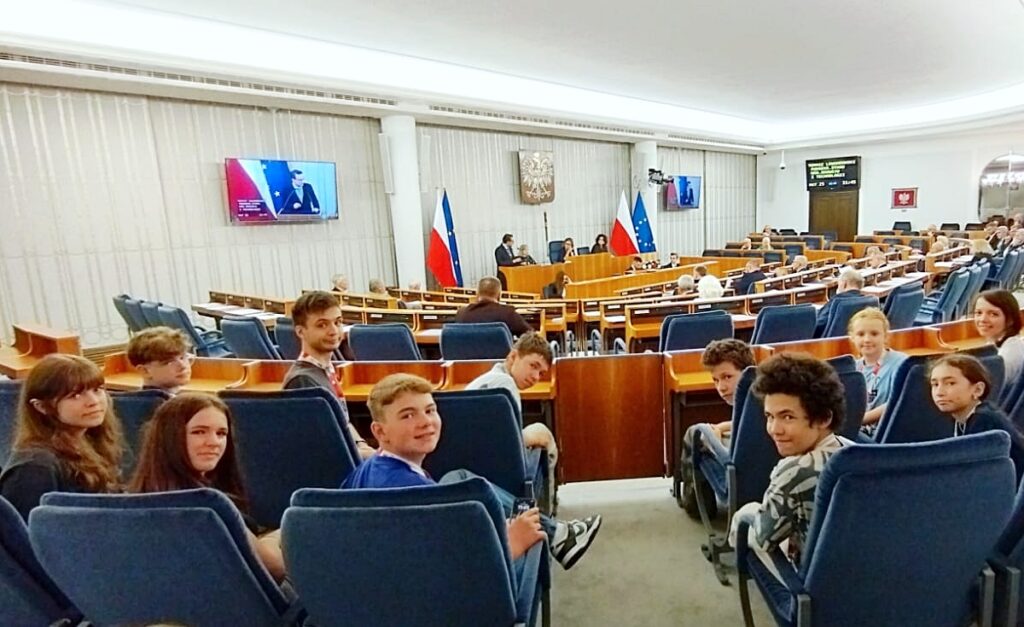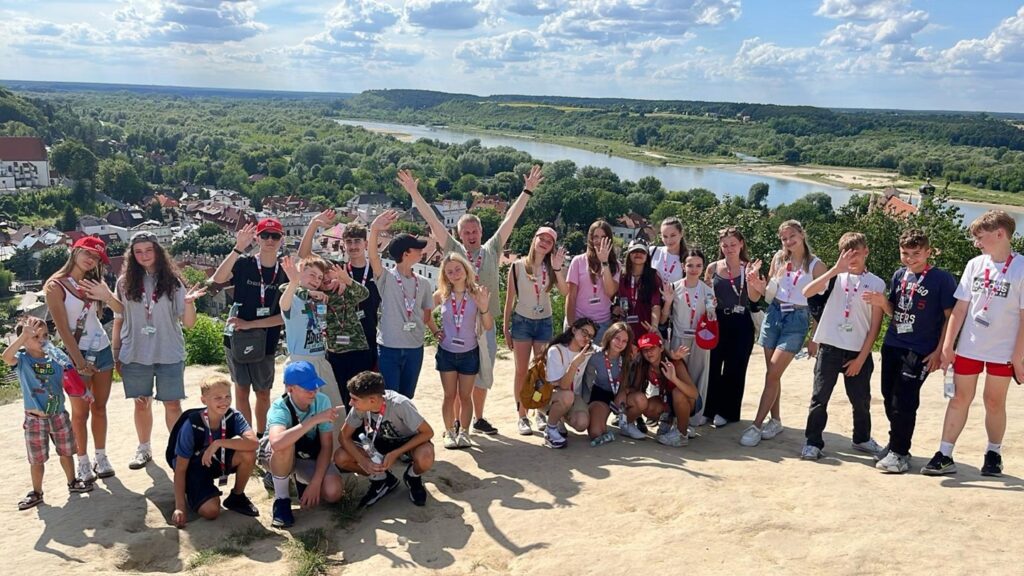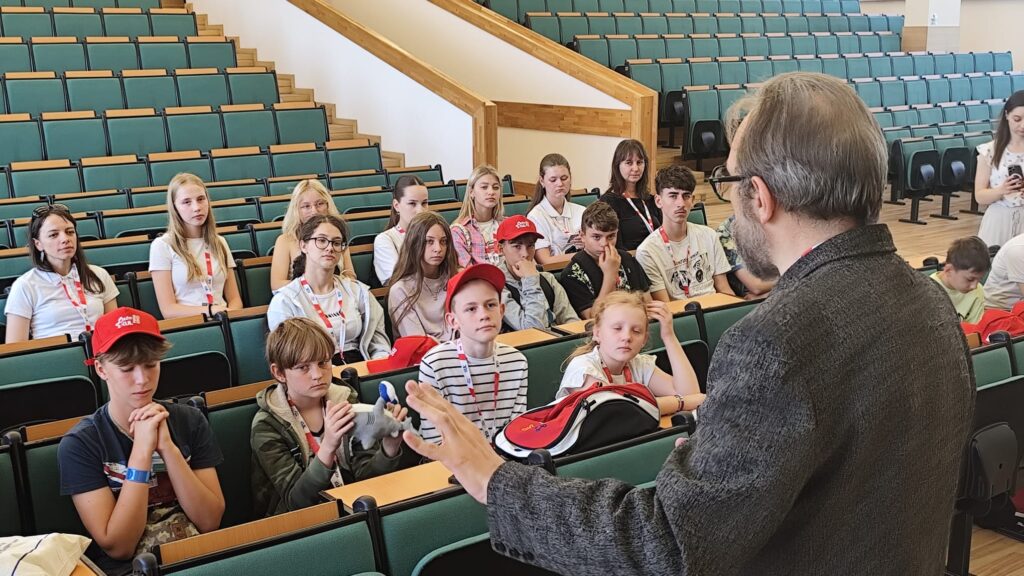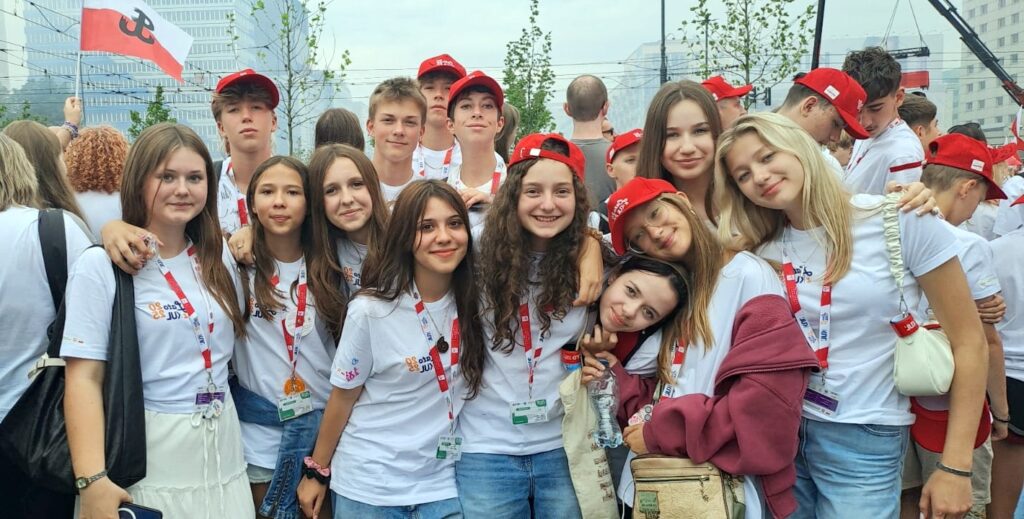For the fourth year running, the John Paul II Catholic University of Lublin (KUL) has hosted summer camps for children and youth of Polish descent at its “Rajchertówka” Creative Retreat House in Kazimierz Dolny. The program offers a chance to connect, explore Poland’s history and culture, and learn about the university’s educational opportunities. This year, young participants arrived from over a dozen countries worldwide. The initiative is co-funded by the Senate of the Republic of Poland. August 12 marks International Youth Day.
A Community Beyond Borders
“Our goal is for young Polonia to learn about the history, culture, and traditions of their ancestors. Many come to Poland for the first time, and most were born abroad. This visit is especially important to them,” says Dr. Wojciech Wciseł, Director of KUL’s Polonia Center and organizer of the camps, speaking to Family News Service.
This year’s edition featured three camp sessions, each welcoming 25 participants. The young people came from countries including the UK, France, Germany, Hungary, Scotland, the Dominican Republic, Ukraine, Lithuania, and Italy. Interest was overwhelming, with several applicants vying for each spot. Organizers emphasize that the Polish language naturally unites the group. Coming from different continents, participants must speak Polish daily to work and live together.
History, Culture, and Future Leaders
The program includes language, history, art, media, and leadership workshops—this year with a strong focus on developing young leaders within Polonia communities. “We want to equip them with the skills and tools to take responsibility for Polish groups abroad and initiate projects that benefit Poles overseas,” explains Dr. Wciseł.
The itinerary also features meetings with inspiring figures, including artists and KUL scholars. Participants visit Kazimierz Dolny, Lublin, and Warsaw, where they toured the Warsaw Uprising Museum and met with Senate Speaker Małgorzata Kidawa-Błońska. A highlight of the second session was taking part in the commemorations of the 81st anniversary of the Warsaw Uprising, joining crowds at Warsaw’s Dmowski Roundabout to honor “W Hour” on August 1.
From Roots to Educational Horizons
One key activity is the workshop “My Place on Earth,” where young participants create “ancestor galleries” using old photographs and family documents. “For many, it’s the first time they’ve had such in-depth conversations with their parents about family history,” adds Wciseł.
The camps also introduce participants to Poland’s education system and KUL’s academic offer. “We want to provide a wide range of opportunities for studying in Poland. We’re expanding the university’s facilities and increasing dormitory spaces to make it easier for you to come to the land of your ancestors,” said KUL Rector Rev. Prof. Mirosław Kalinowski addressing the young Poles from abroad.
The Lasting Value
The camp traditionally ends with a bonfire, but, as the organizers stress, its true value lies in the bonds formed. “This is a time when young Poles abroad think in Polish, speak Polish, and share extraordinary moments together,” sums up the Director of KUL’s Polonia Center.
Family News Service

Photo: KUL’s Polonia Center

Photo: KUL’s Polonia Center

Photo: KUL

Photo: KUL’s Polonia Center